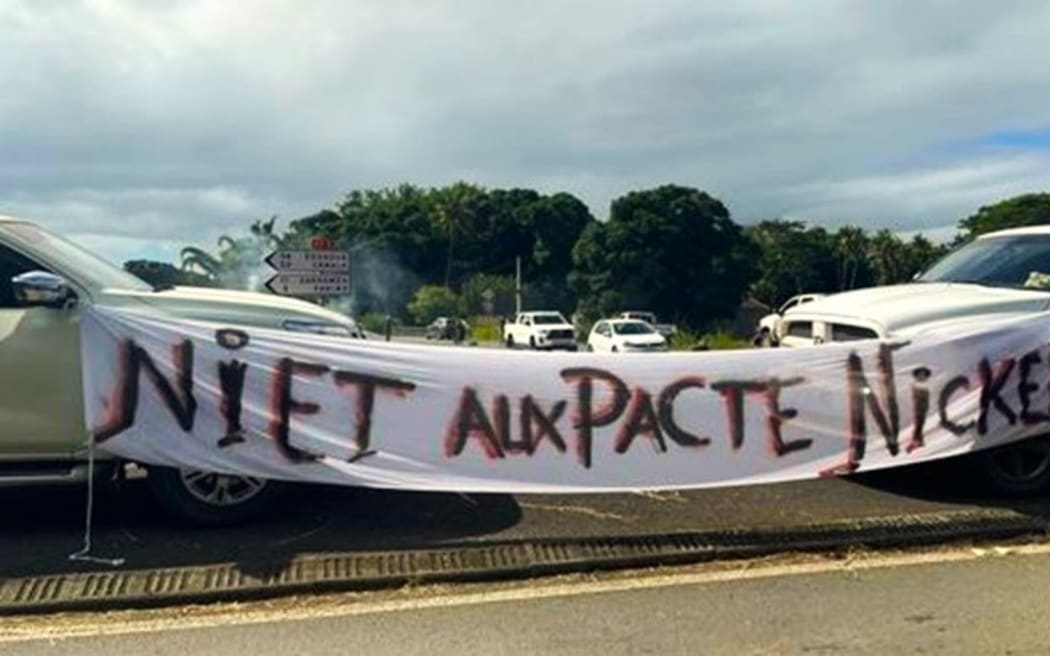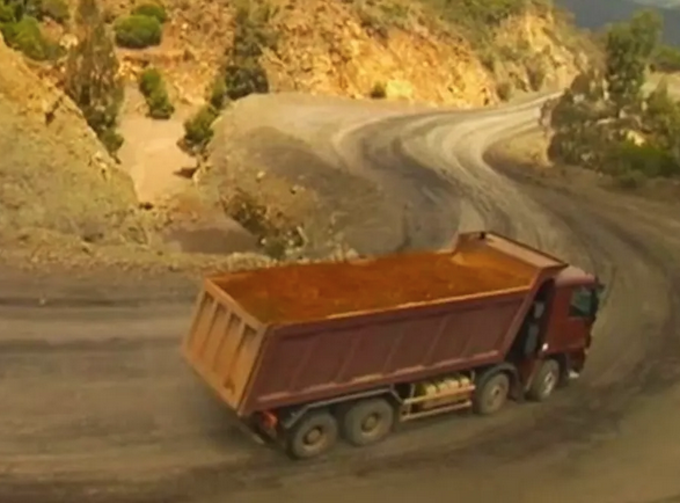By Patrick Decloitre, RNZ Pacific correspondent French Pacific desk
The French-proposed “pact” to salvage New Caledonia’s beleaguered nickel industry is still in limbo as the local Congress has decided to refer the whole document to a “special committee” for re-examination.
The committee was set up on Thursday during a Congress special sitting.
The pact has been proposed to rescue New Caledonia’s nickel industry, which faces grave difficulties.
One of its three processing plants and smelters, Koniambo (KNS) located in the Northern province, has already been mothballed due to the decision from major financier Glencore to pull out and sell its 49 percent shares within the next six months.
This has already affected more than 1000 jobs.
This comes as a result of significant changes in the world nickel industry production market, which is now dominated by Indonesia, with the ability to produce nickel in large quantities and at a much lower price.
The other two processing plants, Prony Resources and historical player Société le Nickel (SLN, a subsidiary of French mining giant Eramet), also face a critical situation and the risk of closing down within the next few months.
Prony’s Swiss stakeholder Trafigura is also on the way out and Eramet has clearly indicated it no longer intends to further finance SLN.
Emergency assistance
The “pact” is an attempt by French Finance minister Bruno Le Maire (who visited New Caledonia on a fact-finding mission in November 2023) to provide some €200 million (NZ$365 million) in emergency assistance, provided New Caledonia’s nickel industry commits to major reforms in order to reduce its production costs and finds new market outlets, possibly in Europe.
Le Maire initially scheduled the signing of this pact for the end of January 2024.
But since, the document has still not been signed.
Even though France and most pro-France parties in New Caledonia have since urged local authorities to urgently sign the document, it now faces more opposition from the pro-independence parties there, as well as one of the pro-French parties (Calédonie Ensemble).
They argue that the pact, in its present form, is not asking enough commitment from the nickel industry companies and that it also required New Caledonia to dig into its coffers and find over 65 million US dollars to finance a cost-cutting electricity exercise, which would require raison new taxes and therefore adding to the burden of the local population.

SLN’s extraction sites blockaded
For more than a week also, SLN is facing more hardships as it is barred from extracting nickel for its Nouméa smelter in the Northern province.
This comes after a decision from Northern province President Paul Néaoutyine, who has invoked several late payments of an administrative provision designed to guarantee possible environmental damage.
Eramet has since held several emergency meetings in Paris and released sufficient funds for a short-term payment.
But Néaoutyine has since demanded that those payments cover a longer period.
Meanwhile, SLN’s extraction activities on Northern sites have ground to a halt.
Only maintenance and security work is remaining.
This places SLN’s Nouméa smelter in a reduced activity mode with a real danger of slow suffocation if normal levels of nickel supply don’t resume soon enough.
Over the past week, tension has significantly escalated on SLN’s extraction sites, where blockades have sometimes prevented SLN employees to access Northern extraction sites.
Some of the SLN staff have also been verbally “insulted” and assaulted” by local villagers in the rural mining towns of Canala, La Foa and Kouaoua, SLN said earlier this week in a release.
Nickel turns political again
New Caledonia’s Congress (with a pro-independence majority of members) on Thursday resolved to initiate a process of “formulating complementary” and “alternative” propositions to the French nickel pact.
During sometimes heated debates, pro-pact parties Les Loyalistes and Rassemblement have expressed strong reservations about the new process, saying the signature was urgent and that thousands of jobs were at stake.
Last week, New Caledonia’s government President Louis Mapou, even though a member of the pro-independence side, urged the Congress pro-independence majority members to vote for the signing of the pact.
He accused them of ignoring economic reality and of wanting to turn the whole issue into a political one.
The nickel pact issue has since become a major bone of contention in the more general political confrontation between pro-independence and pro-France parties, including over a French-proposed change in voters eligibility for local elections.
Talks between all local parties in order to address New Caledonia’s long-term political future have been stalled.
On April 13, those issues were at the centre of two simultaneous demonstrations when the marches, one organised by pro-independence movements and the other by pro-France parties, brought at least 40,000 people to the streets of Nouméa.
The Congress’s new Special Committee is scheduled to hold its first meeting on Monday, 22 April 2024.
No date has been announced that would indicate a specific duration for its debates.
This article is republished under a community partnership agreement with RNZ.














































